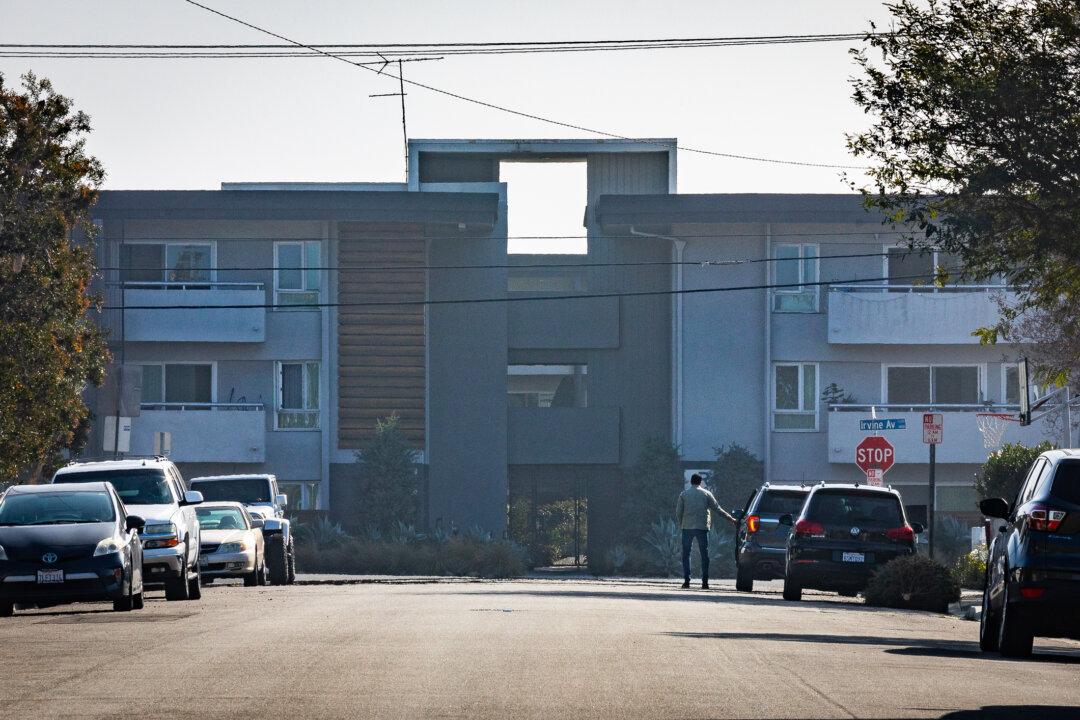Commentary
The housing bills Gov. Gavin Newsom recently signed into law—after the recall, of course—are being touted nationally as a way to ease California’s housing affordability crisis. Vox called it “a step toward addressing the housing crisis.”

The housing bills Gov. Gavin Newsom recently signed into law—after the recall, of course—are being touted nationally as a way to ease California’s housing affordability crisis. Vox called it “a step toward addressing the housing crisis.”